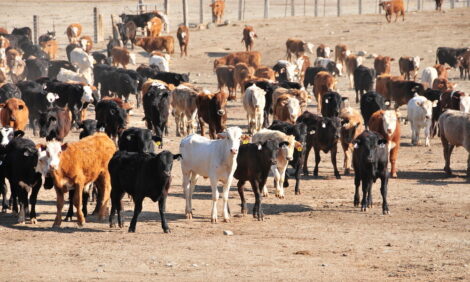



Australia creating competition for New Zealand beef - Rabobank
AgriHQ North Island bull prices dropped 4% in JulyIncreasing volumes of Australian beef exports are creating competition for New Zealand beef in the global market and this has led to the AgriHQ North Island bull prices dropping 4% in July, according to the latest Rabobank Beef Quarterly report.
“However, the slowing of the US cow kill is expected to lead to a reduction in US-produced lean trimmings, which in turn is expected to provide price support for the global lean trimmings market,” said Rabobank senior animal protein analyst Angus Gidley-Baird.
“But the needle hasn’t shifted yet," he added. "Weak Chinese demand and high volumes of Australian beef have seen Australian and New Zealand lean trimmings exports prices drop while US-produced lean trimmings remain strong, leading to the widest spread since 2020."
The report says New Zealand’s largest milk processor, Fonterra, announced in August a downward revision of the farmgate milk price from a mid-point of NZD 8/kgMS to NZD 6.75/kgMS. This significant decrease in returns is expected to cause margin pressure for many businesses and is likely to result in an increase in dairy cow culling.
“The number of cows processed in Q2 2023 is up 4.8% compared to last year and, in addition to this, Fonterra has mandated that all calves must enter a value stream from this season onwards," Gidley-Baird said.
“And this could result in several hundred thousand additional calves being sent to processors within a six-week window that is already stretched.”
Gidley-Baird said although much of the heat has come off the global beef market and returns have eased considerably, New Zealand beef export volumes in Q2 increased 14 per cent year on year.
“This increase has been underpinned by a seven per cent lift in beef production, year-on-year. Equal volumes were exported to China and the US – each taking 40% of New Zealand’s total exports,” he said.
“While volumes are higher, weaker economic settings in China have negatively impacted prices and export earnings were back 13 per cent year-on-year for the quarter," he added. "Export volumes to Japan have also been impacted by softer demand, with volumes back 49% year-on-year for quarter two."



